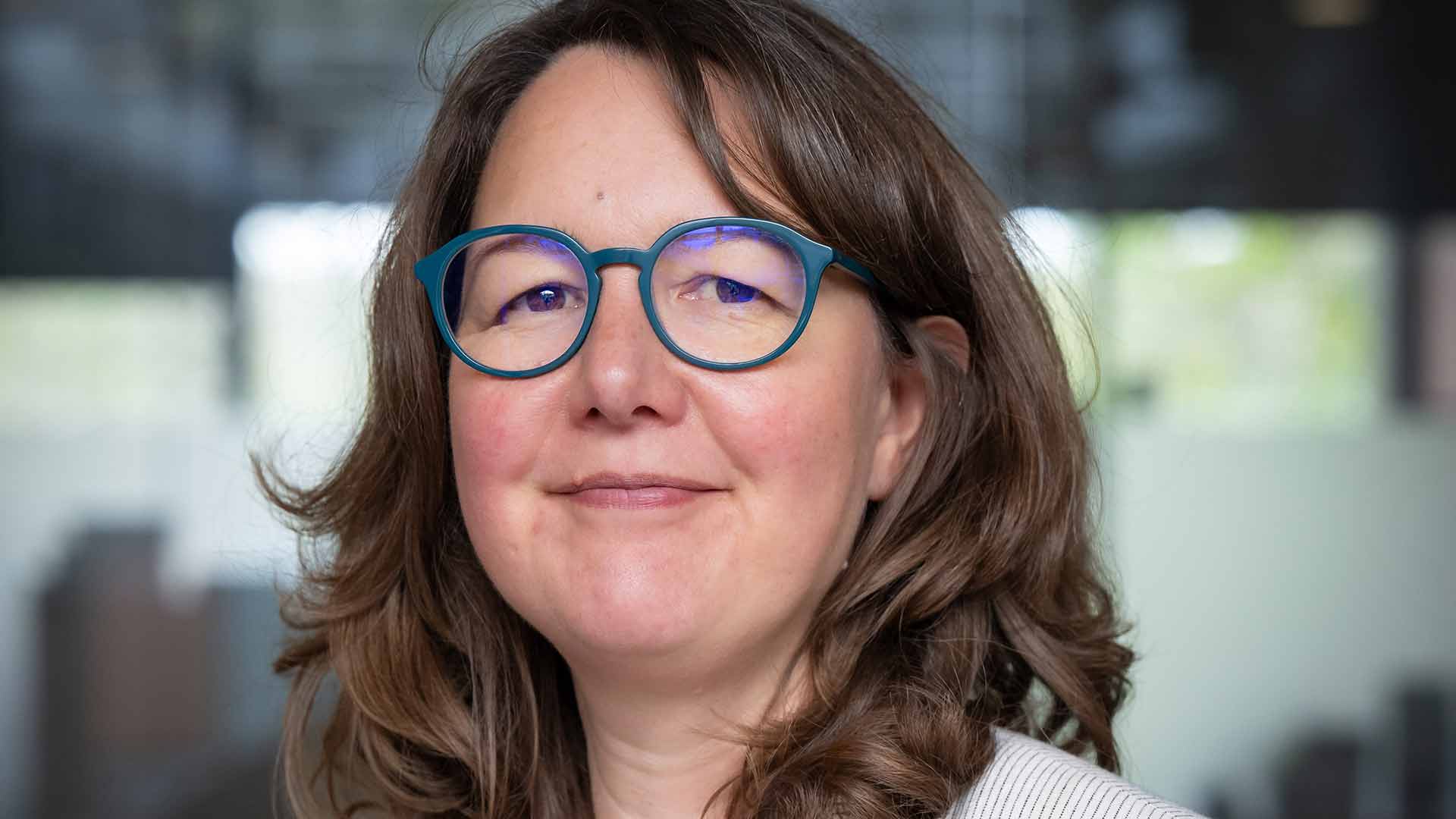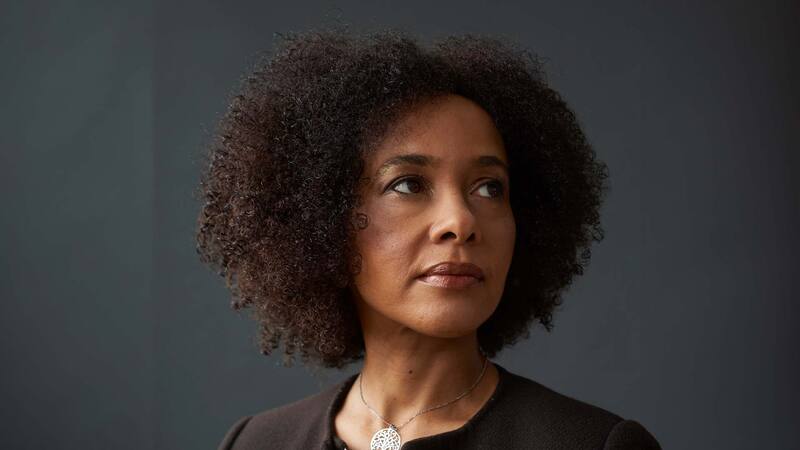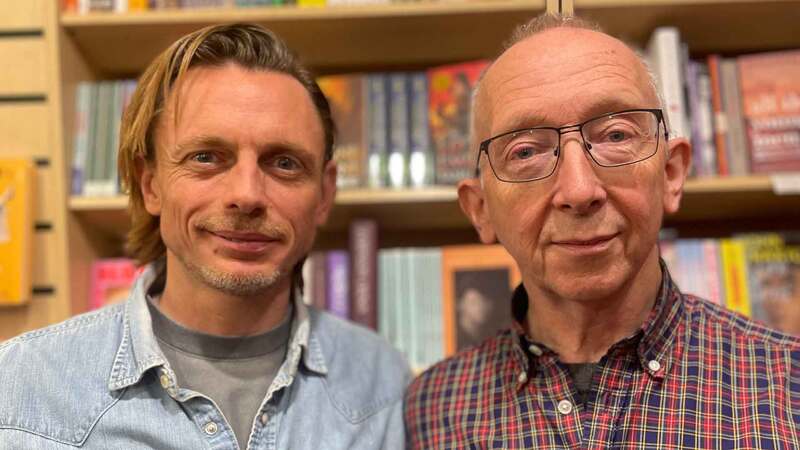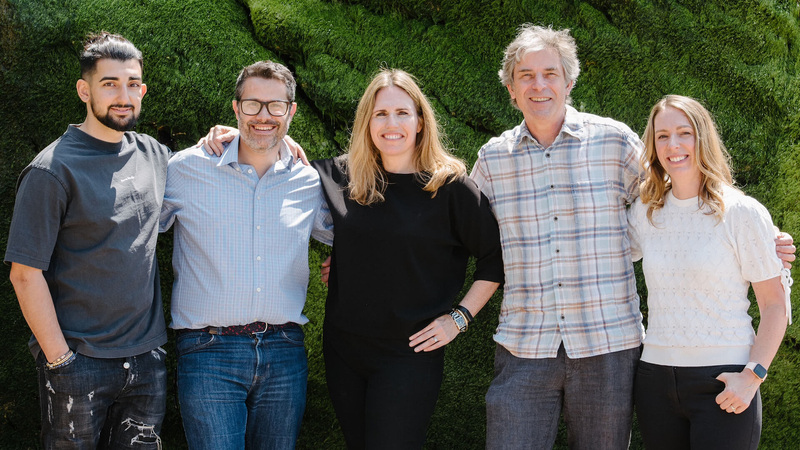You are viewing your 1 free article this month. Login to read more articles.
Wood Green rallies to launch co-operative bookshop
A new co-operative bookshop, The All Good Bookshop, is due to launch in Wood Green with 50 people backing plans for the community enterprise.
Tim West, co-founder of Wood Green’s Big Green Bookshop, is launching the co-operative with former Zed Books director Farouk Sohawon after Big Green’s physical premises shut down in January with co-founder Simon Key taking the business online.
More than 50 people attended an open meeting on the future of a physical bookshop in Wood Green with West setting up a group to look into co-operative business models as well as issues of governance. Working groups will met late last week to discuss progress with the name and the website www.allgoodbookshop.com already established. A public meeting due to take place in March and volunteers have already approached West to launch bookshop projects working with schoolchildren and the local community.
West told The Bookseller: “The point about a co-operative is it means a lot of people can get involved and it means you share that ownership. It takes a lot of the financial strain off of people as well and people fell more attached to the bookshop and more likely to work towards its success. In terms of funding enough people indicated at that first meeting that they would be willing to put money towards this that make it viable. Local publishers have also expressed an interest. Now we need to find a space.”
BA m.d. Meryl Halls welcomed the plans and said the community model is being used across the country. “We are delighted to see Tim West continuing in bookselling and developing plans to keep a bookshop in Wood Green. The community bookshop model is a really interesting one, and one we see being used across the country,” said Halls. “Community bookshops have a variety of funding models open to them, and are very often deeply embedded in their communities, with staff, funders, trustees and customers all feeling a sense of ownership and support. It’s not a model that would work for everyone or everywhere, but it certainly offers flexibility and fresh thinking to entrepreneurial booksellers looking to establish or extend a bookshop business.”
Businesses that have social, charitable or community-based objectives can set up as limited company, charity, or from 2013, a charitable incorporated organisation, co-operative, community interest company (CIC), sole trader or business partnership.
There are 14 co-operative bookshops open in the UK, according to Co-operatives UK, with Derbyshire’s George Street Community Bookshop Society Ltd the most recent to open in 2018. Community bookshops often take the form of CICs or Industrial and Provident Societies (IPS), with others run as collectives, all with a focus on not-for-profit and social enterprise. An IPS is a community benefit society, run for the benefit of the community and exists to provide services to people other than its own members. Profits must be ploughed back into the organisation and the business is regulated by the FCA.
Dee Lalljee, of IPS Crediton Community Bookshop, told The Bookseller: “There are different types of community bookshop and what they all have in common is that they are accountable to their community and deliver positive local impact. In 2012 Crediton’s long established bookshop was about to close but a group of local people wanted to keep a bookshop in the town. Community meetings shaped the aims of the enterprise and the group launched a community share issue where people bought shares and became part owners in the bookshop! CCB opened as a community-owned enterprise in 2013 and now has over 300 shareholders. We continue to have a dynamic dialogue with our community which informs our development. We are part of the fabulous indie booksellers' network and are committed to finding creative ways to support community projects. Every book we sell contributes to the success of our mission to help our community thrive and nurture a love of books and reading.”
Tony Fyson of Dartmouth Community Bookshop, which has been in business since 2011 as an IPS, said: “I see no reason why community bookshops should not be on the increase. I think it works with bookshops because a bookshop is not an ordinary shop. People come to browse, we are part of the community. We don’t have to be thinking like a grocery shop having to sell stock by a certain date. A bookshop has other functions. We work with local causes and local authors. Opening and running a community bookshop is really lots of fun. It’s worth emphasising it does involve a fear of the unknown but it’s great fun and we’ve managed to extend the shop with a room at the back and we have over 6,00 titles.”
With the focus on the community at the forefront of operations, Fyson added: “A second bookshop in Dartmouth opened up and so far both bookshops have jogged along but in the long term I don’t know. If we could be sure that the other bookshop that’s come in had a future we would probably withdraw gracefully and leave the scene to the private sector - this was always about having a bookshop in Dartmouth.”
Tracy Kenny said the CIC model has worked for Ketts Books in Wymondham, Norfolk, which opened five years ago and recorded £96,890 turnover in 2018, with regular events with schoolchildren and a successful 'friends of' scheme. She said: “We met as a group of strangers in a pub. the existing bookshop was closing due to retirement. But our town needs an indie bookshop. There was an appeal in the local paper and 16 people applied and we met in September 2013. We’ve just had our 5th birthday. We are flying. By the January 2014 we had found a community with a legal structure and negotiated a lease and raised £24k unsecured loans.
“We are a CIC - we work like a PLC but are legally required to give back to the community. We have members not shareholders so we don’t need a vote every time and as a community bookshop we don’t need a shareholder getting a dividend. We do a lot with schools for free. We don’t charge to do an assembly. We do have an open conversation with schools. Publishers give us posters and stickers and we share them with schools. Damaged books that they don’t want back we share with the school and in return we say when you do buy books, we want you to come to us. In terms of impact, people are energised that a group can make a difference. This was a wild idea and I think a lot of people were waiting for us to fail. People are really excited and encouraged. The town has one bookshop and we’re it. Everyone has something meaningful to give. Whenever someone asks how they can help I will find them something they can do.”


















